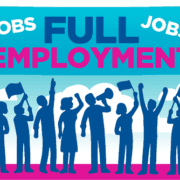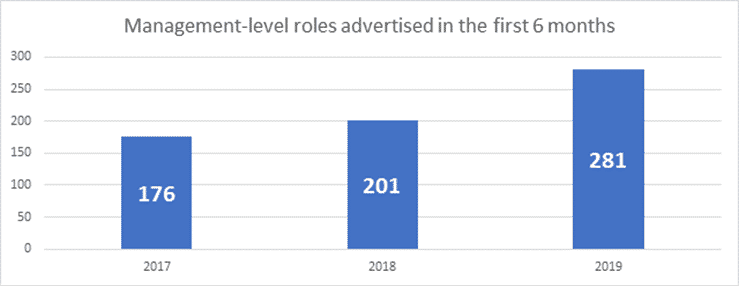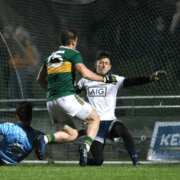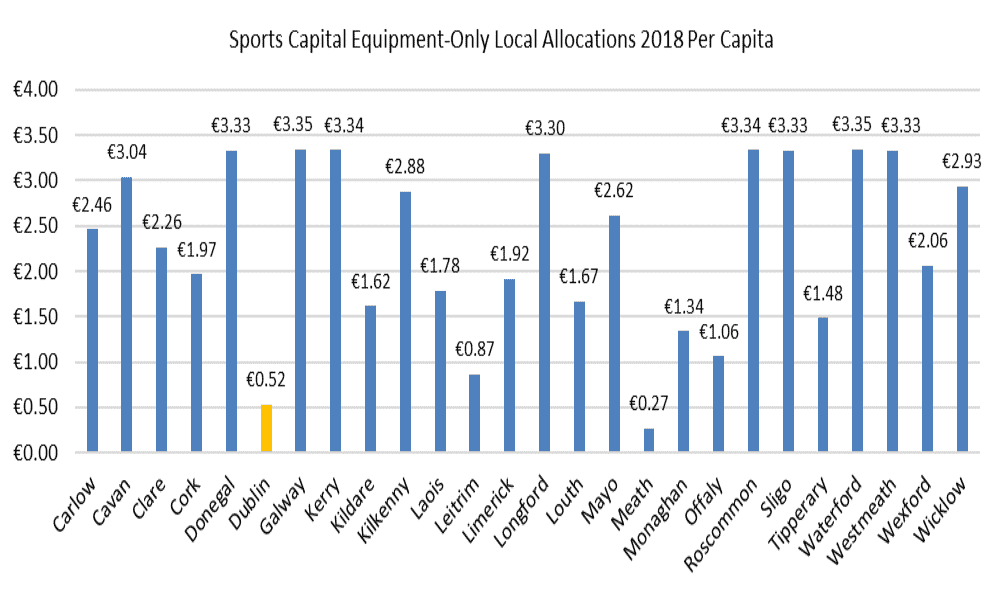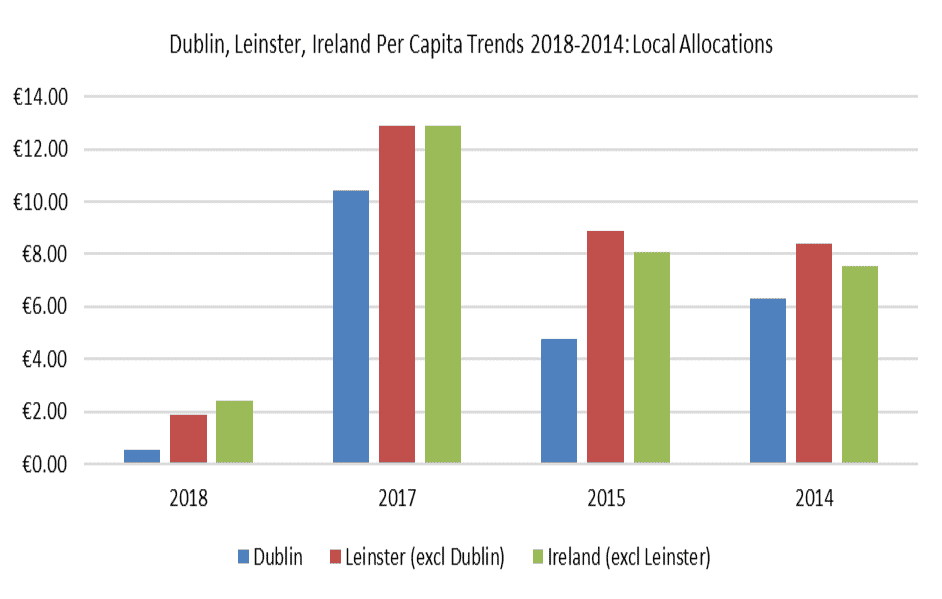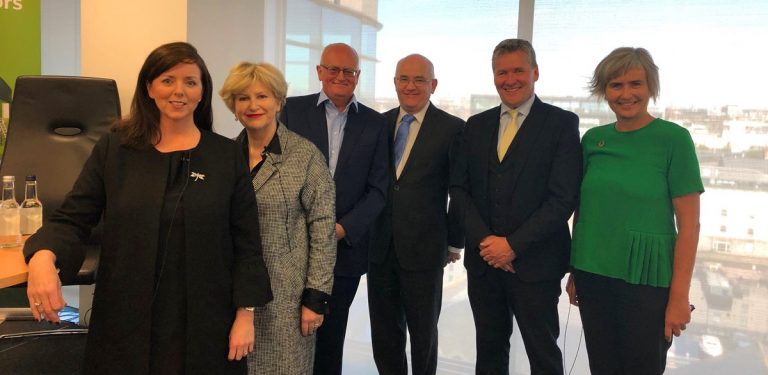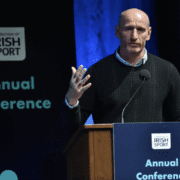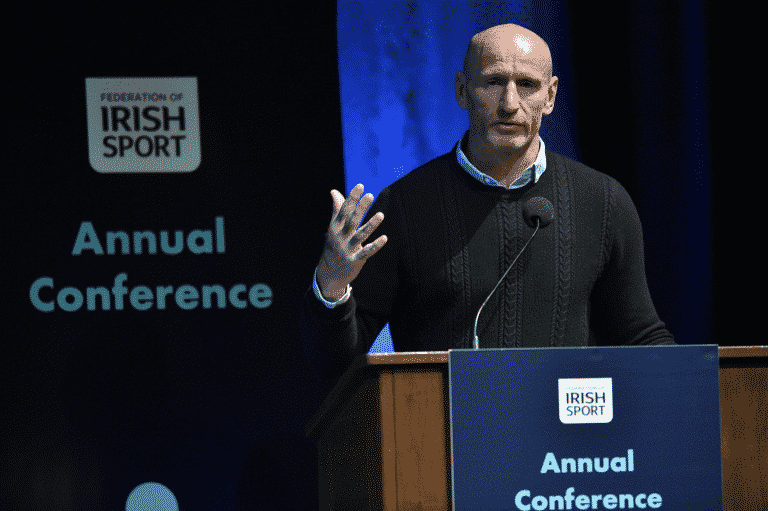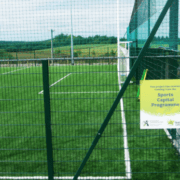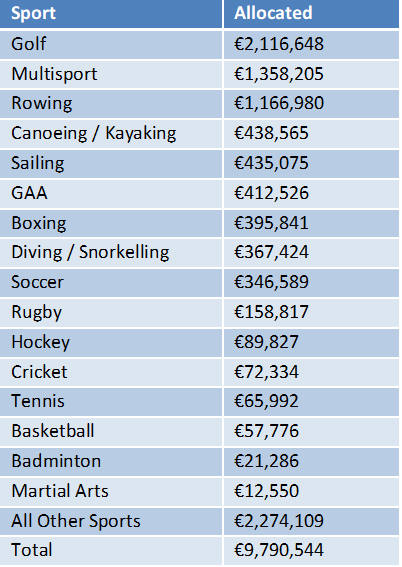The Annual Irish-Not-For-Profit Sector: Fundraising Performance Report Launches 27th of September
Starting on the 27th of September 2into3 will hold four events around the country to launch the annual Irish Not-for-Profit Sector: Fundraising Performance Report, supported by The Community Foundation for Ireland, Quilter Cheviot, BDO and Salesforce. This will be the 9th annual report prepared by 2into3, which provides a detailed view of a representative sample of not-for-profit organisations and insights into their activities and experiences, especially in relation to fundraising.
This is the only report of its kind in Ireland that is freely available to the public. Over the last 9 years the report has proved to be a source of support for organisations when planning to increase their philanthropic income serving as an evidence tool for better fundraising.
The details for the events are as follows:
Dublin Launch Event, Friday 27th of September: Grand Lodge of Ireland, Freemason’s Hall, 17 Molesworth Street, Dublin:
- Master of Ceremonies:Deirdre Garvey, CEO, The Wheel
• Report Presentation: Niamh Carruthers, Analyst 2into3
• Panelists Include: - Richard Dixon, Director of Public Affairs, Concern Worldwide
- Denise Fitzgerald, Chief Executive, Children’s Health Foundation
- Jackie Harrison, Head of Development, The Community Foundation
- Deirdre Mortell, CEO, Social Innovation Fund Ireland
Galway Roundtable Event, Monday 30th of September: Connacht Rugby Club, The Sportsground, College Rd, Galway:
- Chair:Karl Boyle, Director of Development, Connacht Rugby
Limerick, Monday 30th of September: BDO Limerick, 103-104 O’Connell Street, Limerick.
Cork, Tuesday 1st of October: Irish Guide Dogs for the Blind, Carrigrohane, Model Farm Road, Cork:
- Chair:Neil Munday, Financial Controller at Irish Guide Dogs for the Blind
With this report 2into3 aim to stimulate debate, discussion, and reflection, and to motivate civic and private stakeholders to support the efforts of the sector in continuing to enhance fundraising performance.
To register your interest in any of these events please contact Judith Power at judith.power@2into3.com
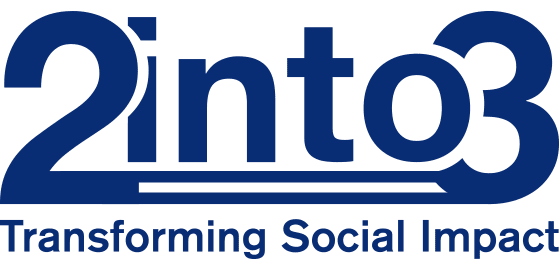
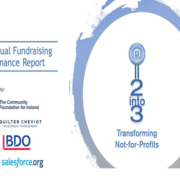
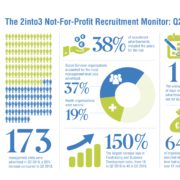
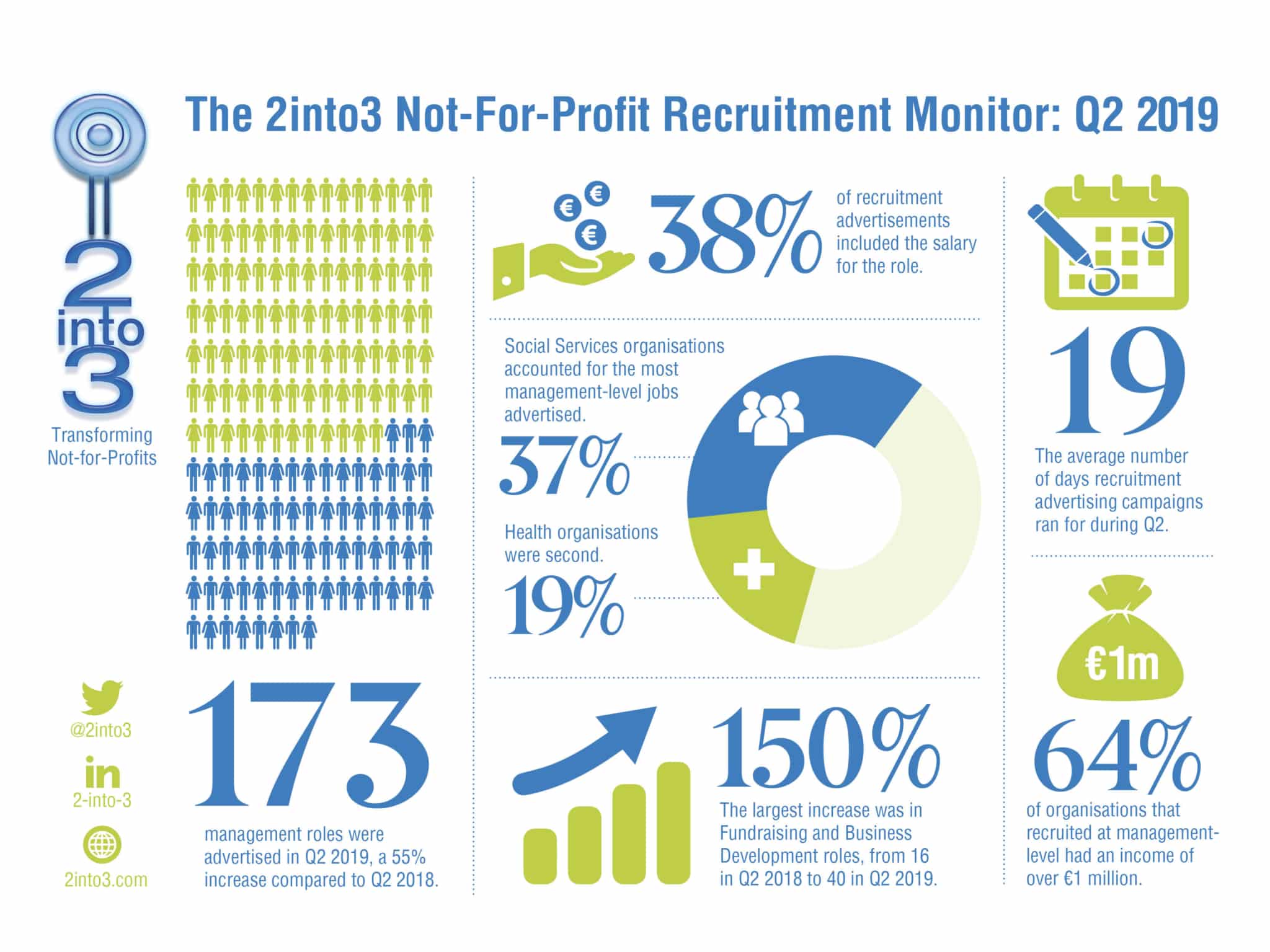
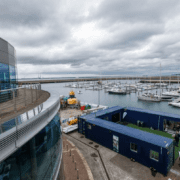
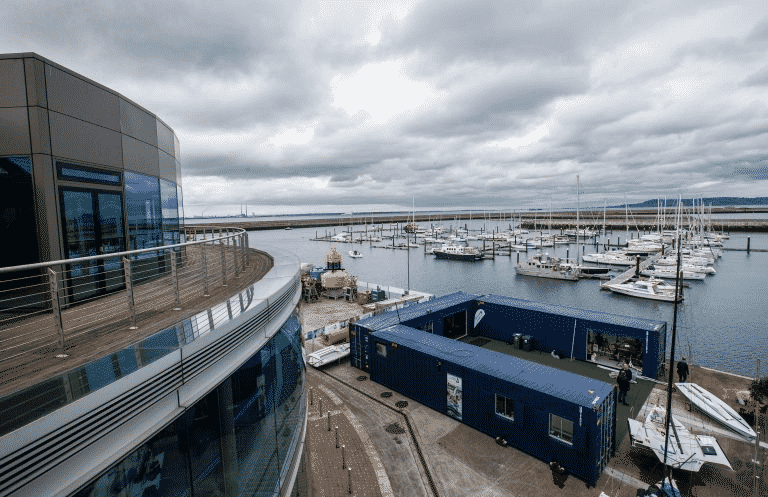 This morning (July 19th), the Department of Transport, Tourism and Sport released 33 identified actions of the National Sports Policy to implement between 2020 – 2022. In particular, Action Points 30 & 31 focus on reforming sporting bodies’ tax structure.
This morning (July 19th), the Department of Transport, Tourism and Sport released 33 identified actions of the National Sports Policy to implement between 2020 – 2022. In particular, Action Points 30 & 31 focus on reforming sporting bodies’ tax structure.

